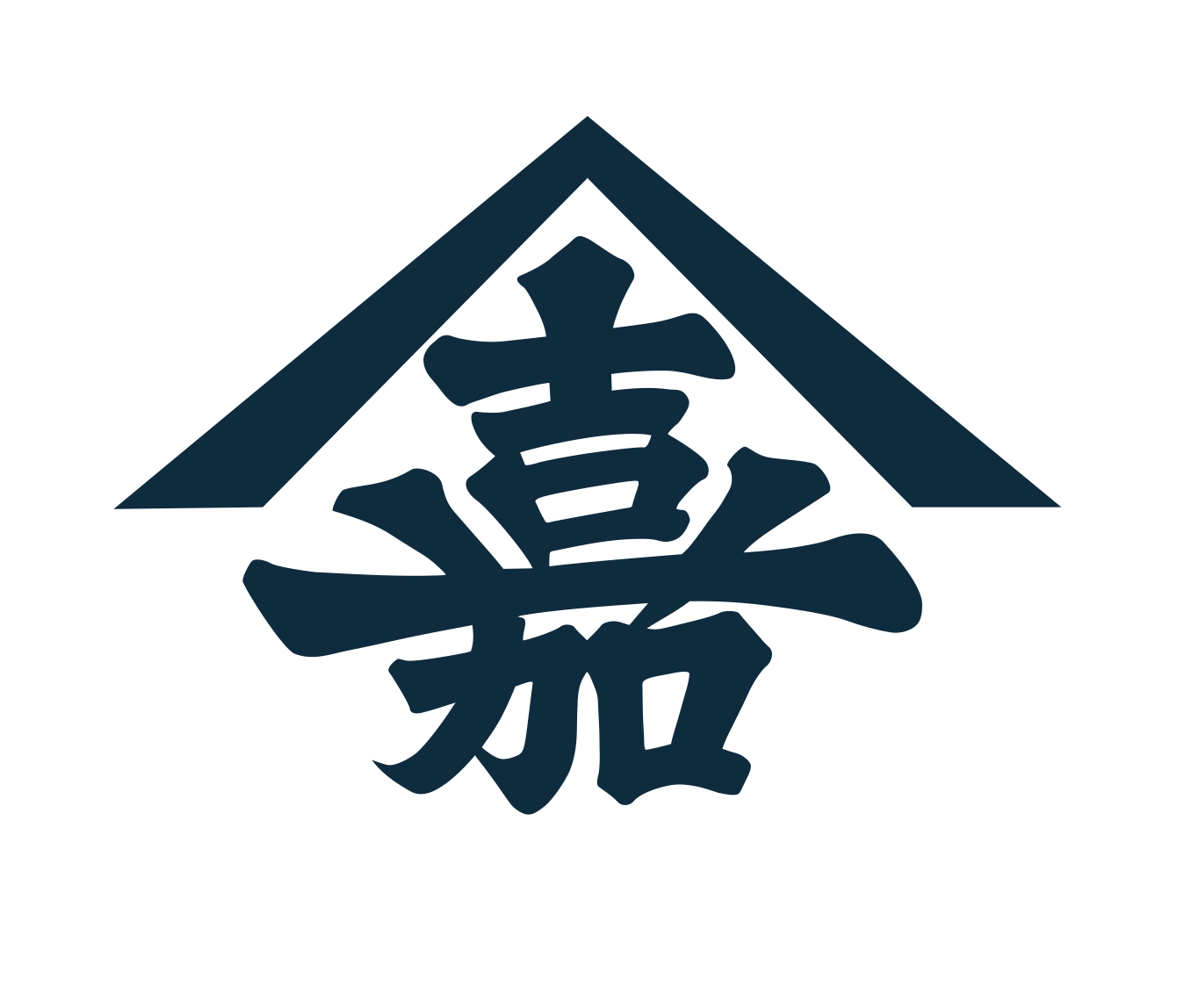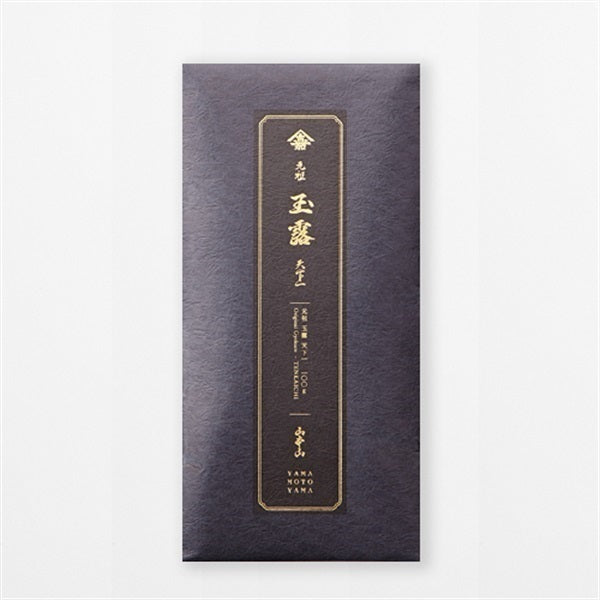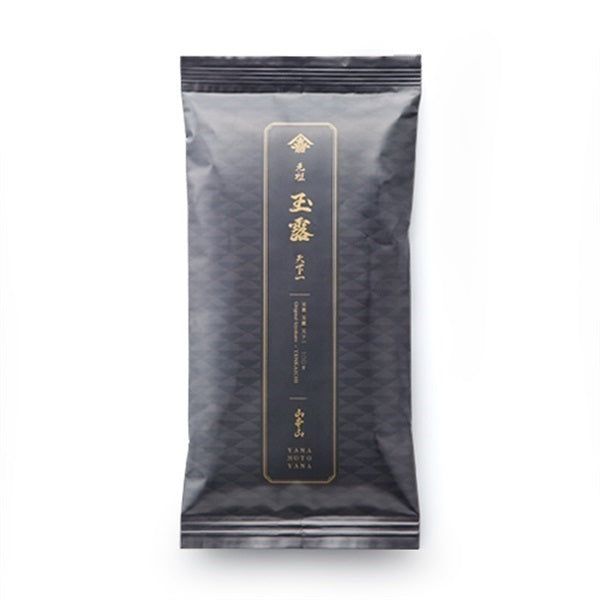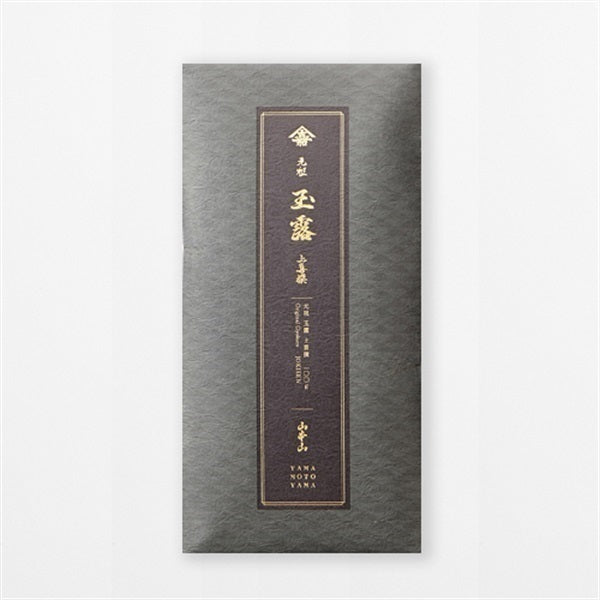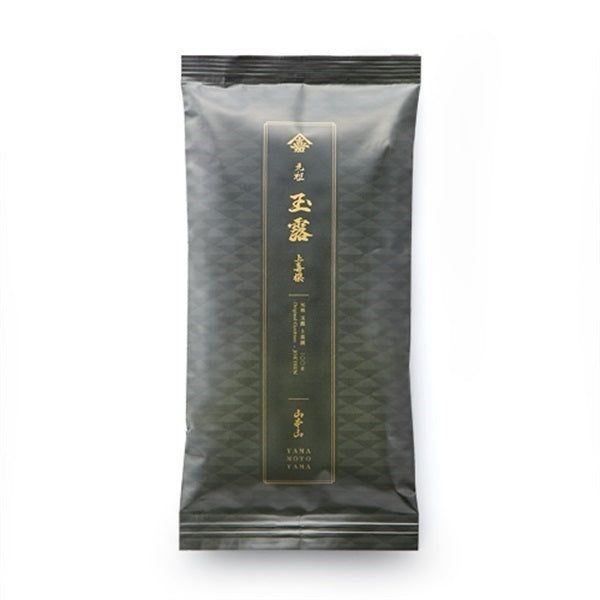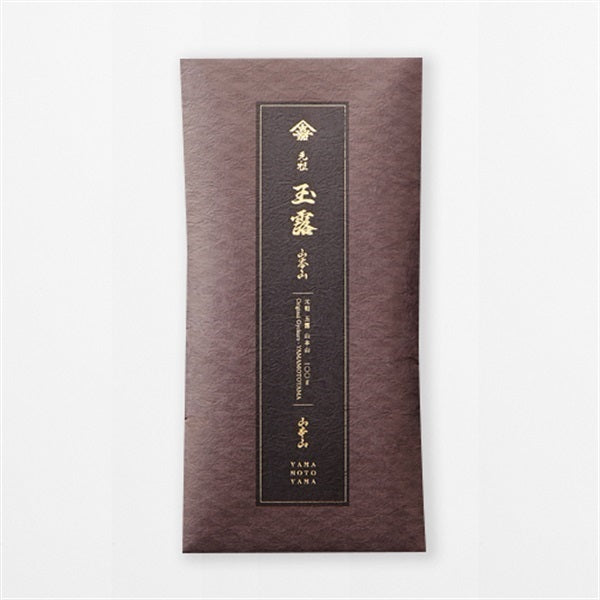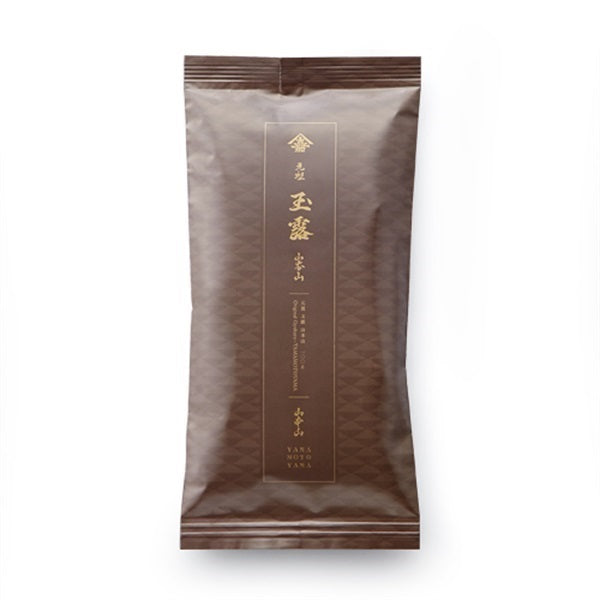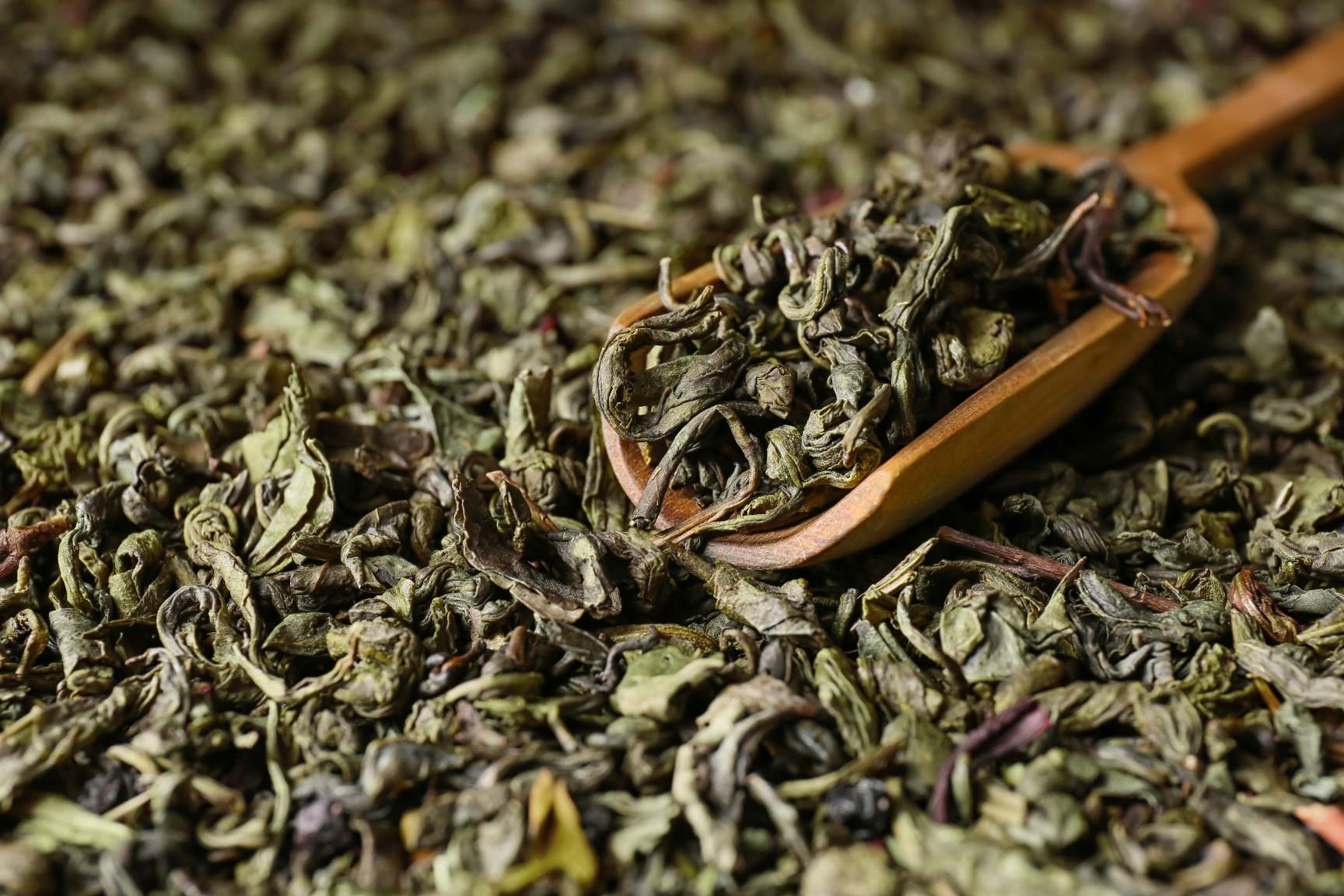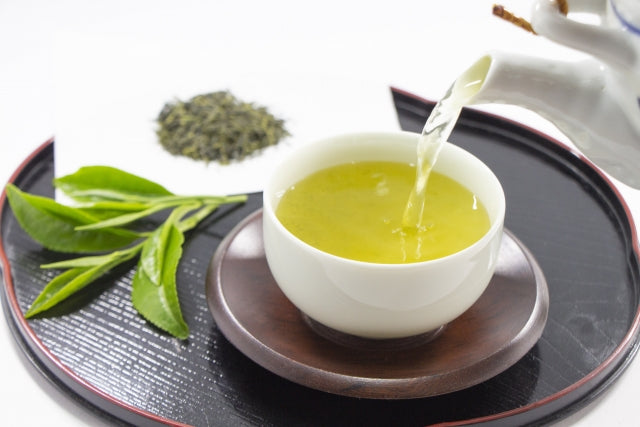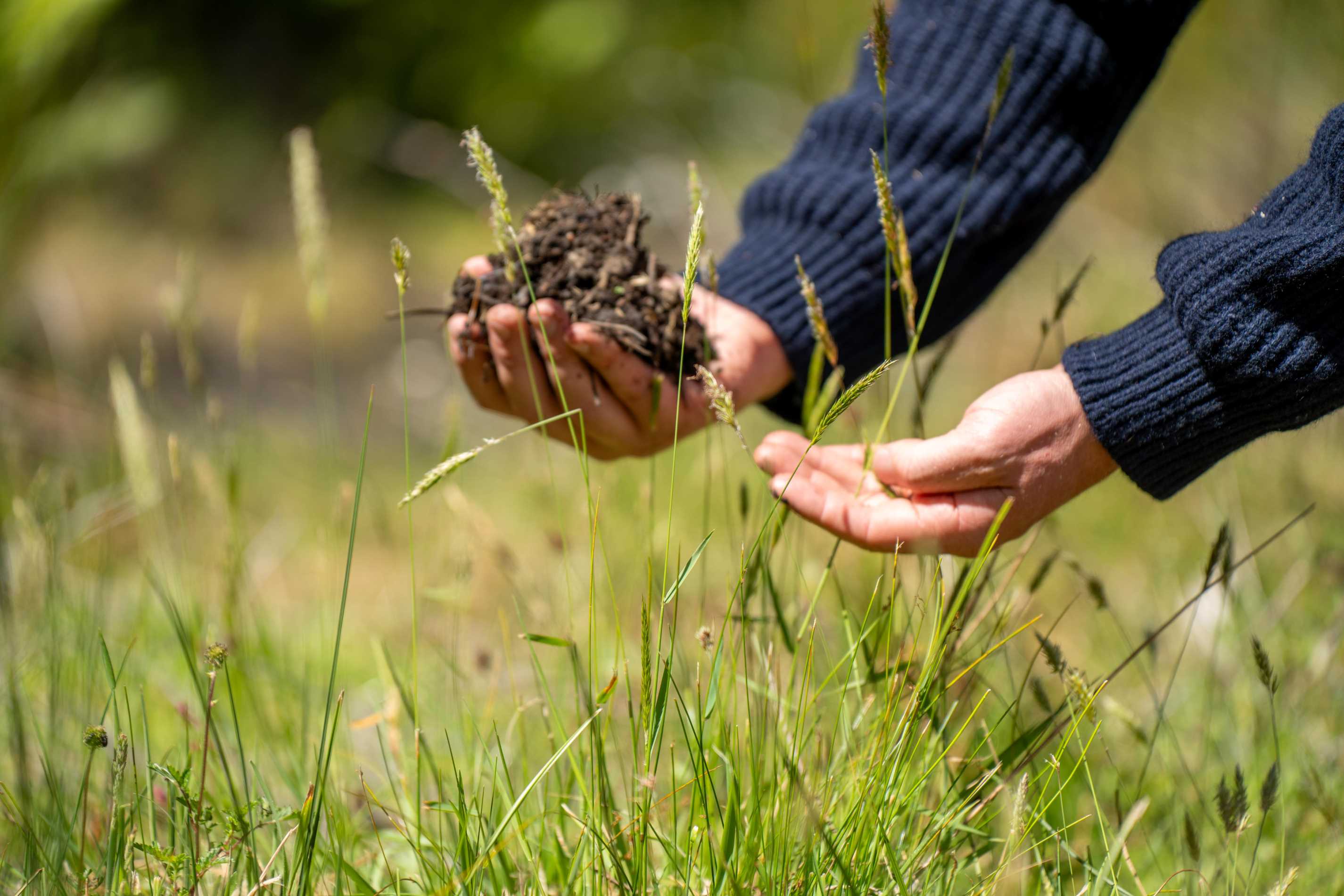
Can you drink organic tea without worrying about pesticides? Organic tea is becoming more popular
Introduction
When cultivating tea leaves, pesticides are sometimes used to prevent damage from pests.
There are various types of pesticides, including fungicides that suppress pathogens that cause plant diseases, insecticides that eliminate pests, and herbicides that suppress the growth of weeds.
There are two types of fungicides: protectants, which are used to prevent the occurrence of disease, and treatments, which are used to treat disease that has already occurred; each has different characteristics.

Use of pesticides that meet strict safety standards
The use of pesticides is strictly regulated by various laws, including the Agricultural Chemicals Control Act, which stipulate the timing and method of use, as well as standards for residual pesticides.
In particular, the Food Sanitation Act stipulates a safe level of pesticides that can be used on tea leaves, which are considered to be food, that will not affect health even if the tea is eaten every day for a lifetime.
In the case of tea, the period of pre-harvest use is further strictly limited to prevent the smell of pesticides from remaining in the product.

First-grade tea grown with minimal use of pesticides
Generally, the first tea harvest season is a time when temperatures are low and there are fewer pests, so tea is often grown without the use of pesticides.
However, depending on weather conditions and varieties, pests and diseases may occur.
For this reason, tea farmers always carefully observe the condition of their tea fields and, when necessary, take appropriate control measures, such as using pesticides within safe limits.

In recent years, in response to growing consumer awareness of safety, active efforts have been made to reduce the use of pesticides and produce safer tea leaves.
For example, various control methods that do not rely on pesticides, such as biological control using natural enemies and the introduction of resistant varieties, are being researched and developed.

What is organic tea?
In today's world where interest in food safety is growing, organically grown tea is gaining attention.
Organically grown tea is tea made from tea leaves grown using only the power of nature, without the use of any chemical fertilizers or pesticides.
There is a national certification system called the Organic JAS System, and only tea that meets the strict standards of this system can be labeled as "organically grown tea."

Conditions for certification of organically grown tea
Specifically, the tea leaves must have been grown without the use of chemical fertilizers or pesticides for more than three years. Also, during the cultivation period, it is not permitted for pesticides to drift from other fields.
Organically grown tea is sold with labels such as "organically grown tea," "organic tea," or "organic tea."
On the other hand, tea harvested in tea plantations that are in the process of transitioning to organic farming is called "organically grown tea in transition period" and has not yet been certified by the Organic JAS.
In recent years, tea grown using reduced amounts of pesticides has been gaining attention, and these are labeled as "specially grown tea." Unlike organically grown tea, they are allowed to use a certain amount of pesticides.

Organically grown tea is rare and precious
Because production is limited, organic tea is often hard to come by and has a limited selection.
Furthermore, because it is more expensive than other products, I think most people have never tried it, but organically grown tea, which is grown without the use of pesticides or chemical fertilizers and within the natural cycle, is not only "healthy" and "safe," but is also a very sustainable tea that is based on the values of environmental consideration and coexistence with nature.
If you have the opportunity to see it, why not give organic tea a try?
